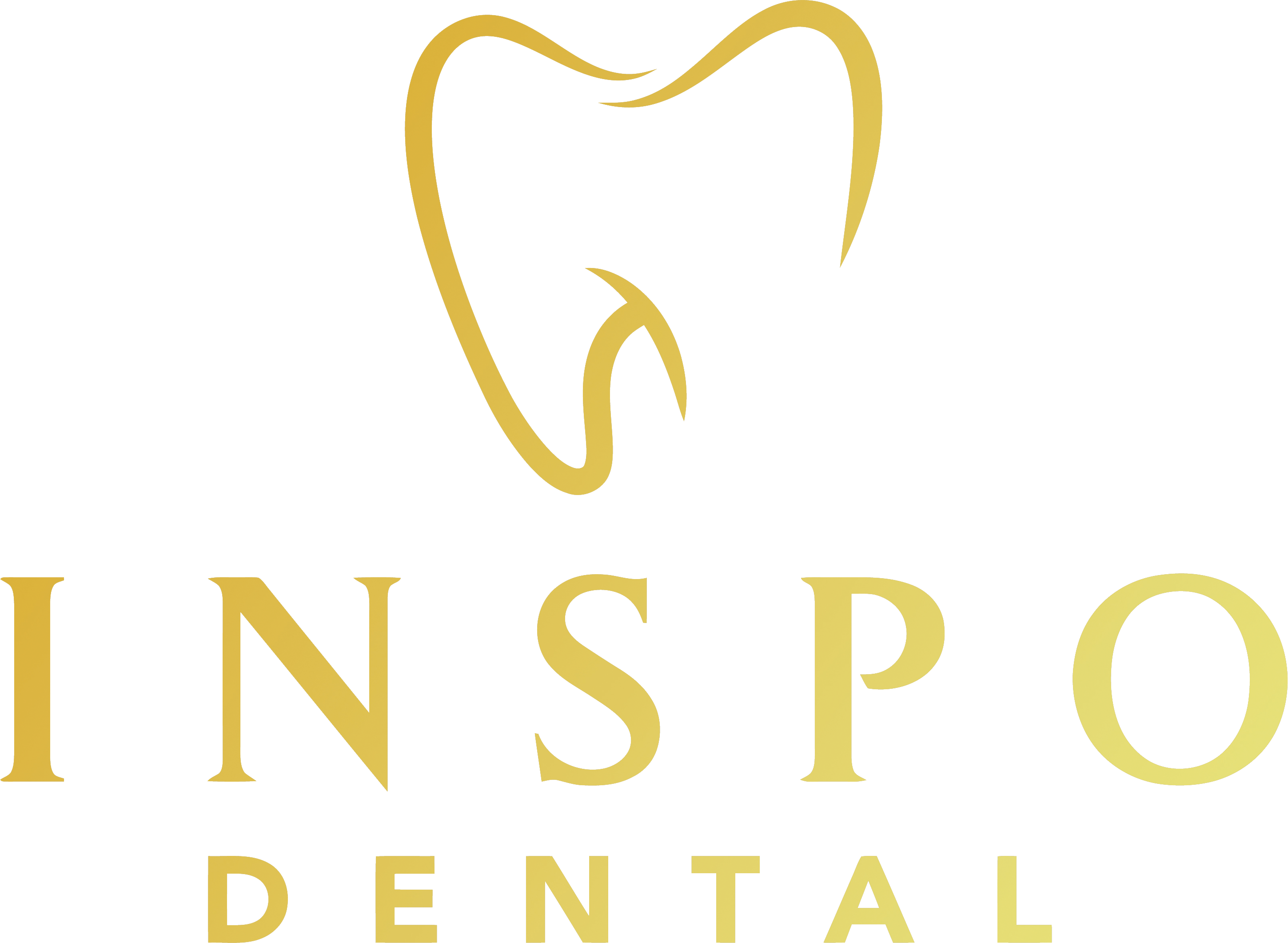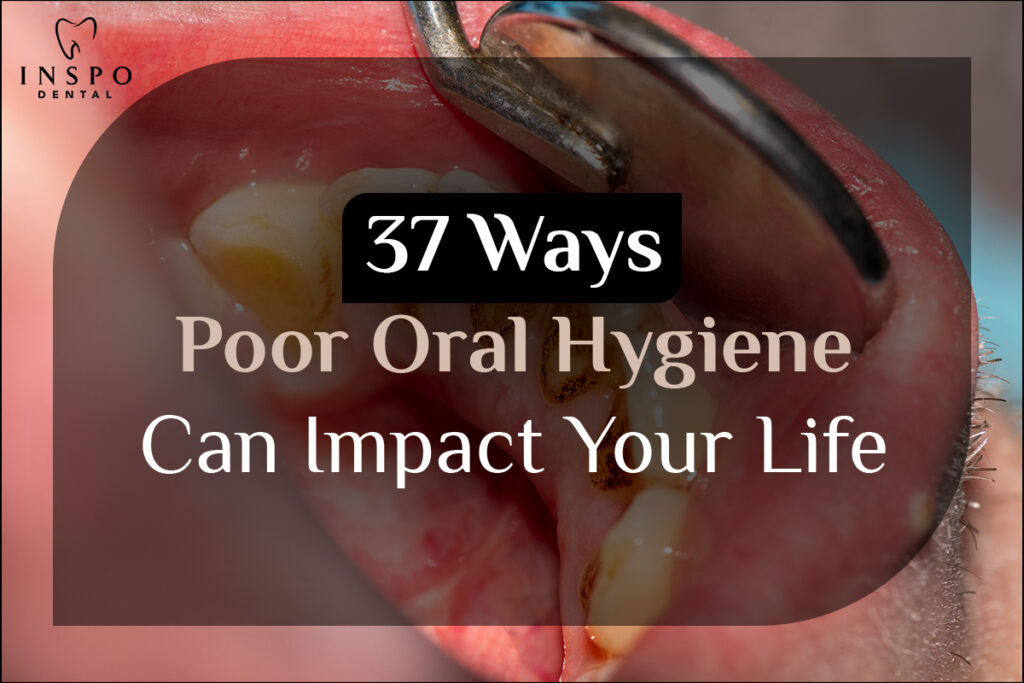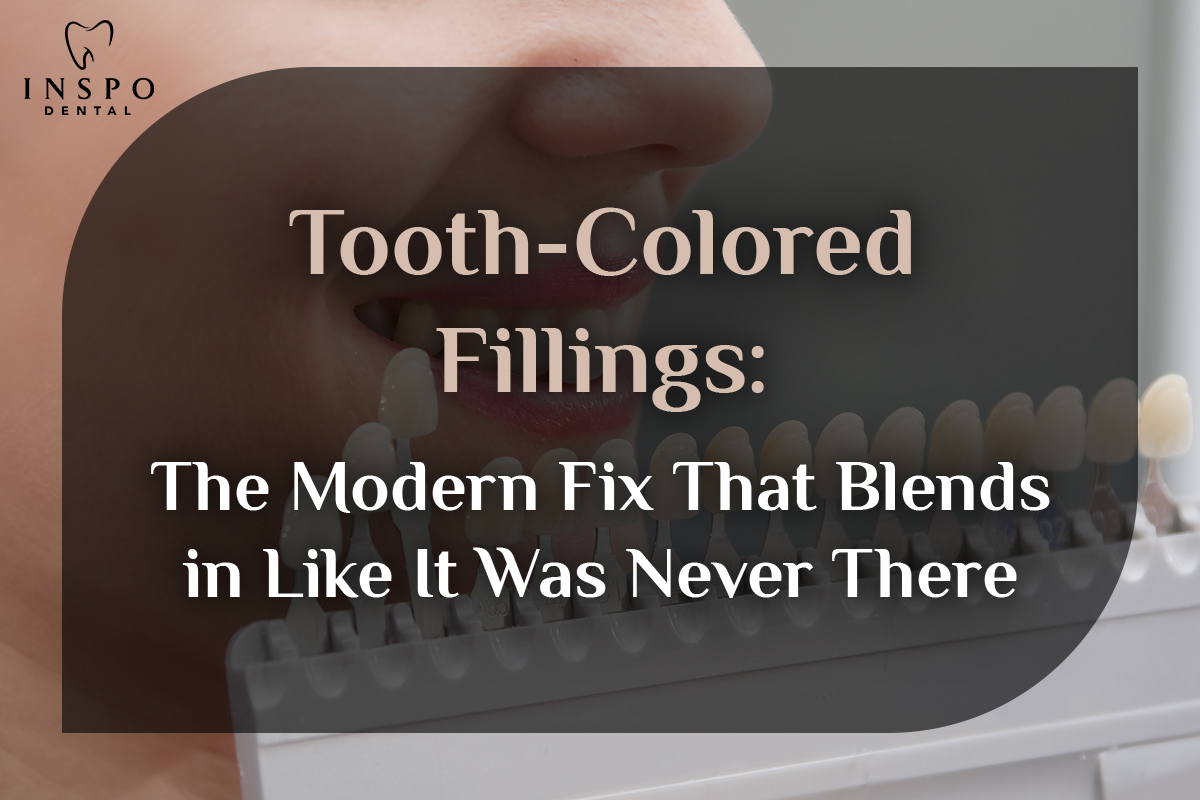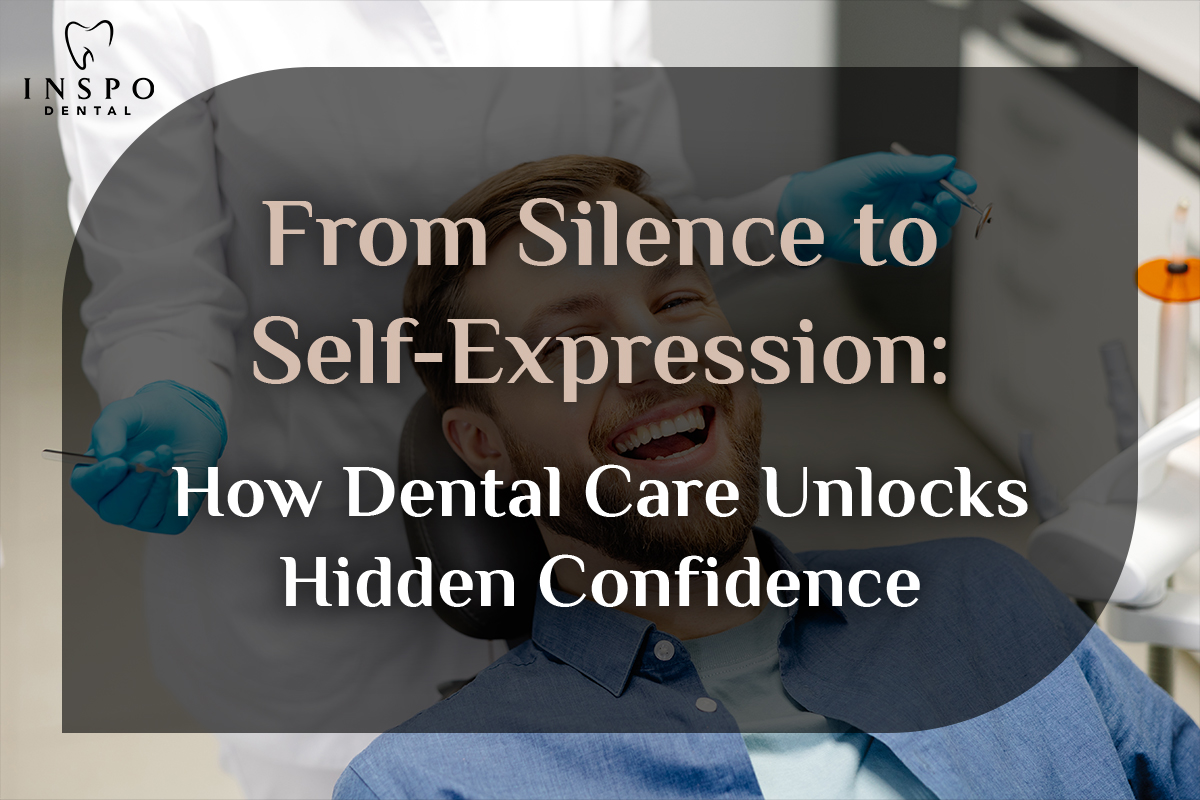Maintaining good oral hygiene by brushing twice a day, flossing daily, and visiting the dentist regularly is crucial for overall health and well-being. Poor oral hygiene can have a significant impact on various aspects of your life, ranging from health complications to social and psychological effects. Here are several ways it can affect you:
Health Complications
- Gum Disease: Poor oral hygiene can lead to gingivitis and periodontitis, which are inflammatory conditions affecting the gums and the structures supporting the teeth. If left untreated, they can cause tooth loss and increase the risk of other health problems.
- Heart Disease: There is a well-documented link between gum disease and cardiovascular problems. Bacteria from inflamed gums can enter the bloodstream, leading to the buildup of arterial plaque and increasing the risk of heart attacks and strokes.
- Diabetes: Poor oral health can complicate diabetes management. Infections in the gums can lead to higher blood sugar levels, making diabetes harder to control.
- Respiratory Infections: Bacteria from the mouth can be inhaled into the lungs, potentially causing respiratory infections such as pneumonia, especially in individuals with weakened immune systems.
Impact on Daily Life
- Pain and Discomfort: Tooth decay and gum disease can cause significant pain and discomfort, affecting your ability to eat, speak, and sleep properly.
- Bad Breath (Halitosis): Poor oral hygiene often leads to bad breath, which can be persistent and difficult to manage without proper dental care.
- Tooth Loss: Severe decay and gum disease can lead to tooth loss, affecting your ability to chew food properly and potentially leading to nutritional deficiencies.
Psychological and Social Effects
- Self-Esteem: Oral health issues such as discolored teeth, bad breath, and missing teeth can significantly impact your self-esteem and confidence, particularly in social situations.
- Social Interaction: Poor oral hygiene can lead to social anxiety and avoidance of social interactions due to embarrassment about the condition of your teeth and breath.
Financial Implications
- Cost of Treatment: Neglecting oral health can lead to more severe dental issues that require expensive treatments such as root canals, extractions, and dentures. Preventative care is generally much cheaper than corrective treatments.
- Loss of Productivity: Dental pain and related health issues can result in missed workdays and decreased productivity. This can have economic consequences for individuals and businesses alike.
Systemic Conditions
- Complications in Pregnancy: Poor oral hygiene has been linked to preterm birth and low birth weight. Pregnant women with gum disease are at a higher risk of developing these complications.
- Osteoporosis: There is some evidence that poor oral health might be linked to osteoporosis, a condition that weakens bones, including those in the jaw, potentially leading to tooth loss.
Mental Health
- Depression and Anxiety: Chronic oral health problems can contribute to mental health issues like depression and anxiety due to persistent pain, social embarrassment, and decreased quality of life.
Compromised Immune System
- Chronic Inflammation: Poor oral hygiene can lead to chronic inflammation in the mouth, which can weaken the immune system over time. This can make the body more susceptible to infections and diseases.
- Autoimmune Diseases: There is evidence that poor oral health can exacerbate autoimmune diseases such as rheumatoid arthritis, as the inflammation in the mouth can trigger immune responses that affect other parts of the body.
Digestive Issues
- Inefficient Digestion: Poor oral health, especially if it leads to tooth loss, can impair chewing and, consequently, the digestion process. This can lead to gastrointestinal problems as food is not properly broken down before reaching the stomach.
- Malnutrition: Difficulty in chewing due to tooth loss or pain can lead to avoidance of certain foods, especially those that are harder to chew like fruits and vegetables, potentially leading to nutritional deficiencies.
Sleep Disorders
- Sleep Apnea: There is a connection between oral health and sleep disorders such as sleep apnea. Conditions like bruxism (teeth grinding) and TMJ disorders can contribute to or exacerbate sleep apnea, affecting overall sleep quality.
- Restless Sleep: Oral pain and discomfort can lead to restless sleep, impacting overall health and well-being. Chronic sleep disruption can lead to fatigue, decreased cognitive function, and increased stress levels.
Impact on Mental Function
- Cognitive Decline: Emerging research suggests a link between poor oral health and cognitive decline. Chronic periodontal disease has been associated with an increased risk of developing Alzheimer’s disease and other forms of dementia.
- Concentration and Memory: Oral infections and the associated pain and discomfort can distract from daily activities, impairing concentration and memory.
Effects on Children
- Developmental Issues: Poor oral hygiene in children can lead to developmental issues, including problems with speech and eating habits. Early tooth loss can affect the development of permanent teeth and jaw structure.
- School Absences: Dental problems are a leading cause of school absences in children. Pain and discomfort can hinder their ability to concentrate and perform well in school, impacting their academic progress.
Impact on Work Life
- Professional Appearance: Poor oral hygiene can affect a person’s professional appearance and confidence, potentially impacting career advancement. Bad breath and visibly decayed or missing teeth can negatively influence professional interactions.
- Work Performance: Chronic oral health issues can lead to frequent medical appointments and sick days, affecting work performance and productivity.
Economic Burden
- Healthcare Costs: The cost of treating advanced dental issues is significantly higher than preventive care. Neglecting oral hygiene can lead to expensive treatments such as root canals, periodontal surgery, and dental implants.
- Insurance Premiums: Poor oral health can result in higher health insurance premiums. Dental insurance plans might also cover fewer procedures if preventative care is not regularly practiced.
Pregnancy Complications
- Preterm Birth and Low Birth Weight: Pregnant women with poor oral health are at higher risk of preterm birth and low birth weight babies. Oral infections can trigger an inflammatory response, potentially leading to complications in pregnancy.
- Preeclampsia: There is a correlation between periodontal disease and an increased risk of preeclampsia, a serious pregnancy complication characterized by high blood pressure.
Cardiovascular Health
- Stroke: The bacteria that cause gum disease can enter the bloodstream and contribute to the formation of blood clots, increasing the risk of stroke.
- Hypertension: Chronic oral infections and inflammation can contribute to the development of hypertension, further increasing the risk of cardiovascular diseases.
Inflammatory Conditions
- Rheumatoid Arthritis: Poor oral hygiene has been linked to an increased risk of developing rheumatoid arthritis. The chronic inflammation associated with gum disease can exacerbate inflammatory conditions elsewhere in the body.
- Systemic Inflammation: Persistent oral infections can contribute to systemic inflammation, which is a risk factor for various chronic diseases, including certain cancers and autoimmune conditions.
Bone Health
- Jawbone Deterioration: Advanced periodontal disease can lead to the destruction of the jawbone that supports your teeth. This bone loss can result in loose teeth or even tooth loss.
- Osteoporosis: There is a suggested link between periodontal disease and osteoporosis, particularly in women. Osteoporosis can weaken bones in the jaw, further exacerbating dental problems.
Impact on Eating and Nutrition
- Difficulty Eating: Oral pain and missing teeth can make it difficult to chew food properly, leading to a limited diet. This can cause nutritional deficiencies if essential nutrients are not consumed.
- Changes in Diet: Individuals with poor oral health might avoid certain foods that are difficult to chew, such as fruits, vegetables, and whole grains, which are essential for a balanced diet.
Speech Issues
- Impaired Speech: Tooth loss and poor oral health can affect speech patterns, causing issues such as lisping or difficulty pronouncing certain words. This can impact social interactions and professional communication.
- Denture Problems: For those with dentures, poor oral hygiene can lead to poorly fitting dentures, causing speech difficulties and discomfort.
Impact on Children’s Development
- Poor Academic Performance: Dental problems can lead to pain and discomfort that distract children from their studies, leading to poorer academic performance and attendance issues.
- Behavioral Issues: Chronic pain from dental problems can affect children’s behavior, leading to irritability and difficulty concentrating.
Cardiovascular Risks
- Increased Risk of Heart Disease: Studies have shown that periodontal disease can increase the risk of heart disease. The bacteria from the mouth can enter the bloodstream and attach to fatty deposits in the heart’s blood vessels, contributing to the formation of blood clots.
- Endocarditis: Bacteria from the mouth can spread through the bloodstream and infect the inner lining of the heart chambers and valves, causing a serious condition known as endocarditis.
Kidney Disease
- Chronic Kidney Disease: There is evidence suggesting that periodontal disease may increase the risk of chronic kidney disease. Inflammation and infections associated with poor oral health can affect kidney function.
- Complications: For those already suffering from kidney disease, poor oral health can exacerbate their condition, leading to additional health complications.
Mental Health and Well-Being
- Social Anxiety: Poor oral hygiene can lead to significant social anxiety due to concerns about bad breath, discolored teeth, or missing teeth. This anxiety can impact personal and professional relationships.
- Depression: Chronic dental issues and the associated pain and embarrassment can contribute to depression and a decrease in overall quality of life.
Economic Costs
- Direct Costs: The direct costs of poor oral health include expenses for treatments such as fillings, root canals, extractions, and dentures. These treatments can be significantly more expensive than routine preventive care.
- Indirect Costs: Indirect costs include lost productivity due to dental pain or disease, time off work for dental visits, and potential loss of income due to poor oral health affecting employability.
Overall Quality of Life
- Daily Functioning: Oral health impacts basic daily functions such as eating, speaking, and sleeping. Poor oral hygiene can impair these functions, reducing overall quality of life.
- Self-Image and Confidence: Good oral health is closely linked to a positive self-image and confidence. Issues like tooth decay, gum disease, and bad breath can significantly affect how individuals perceive themselves and how they are perceived by others.
Insurance and Healthcare Costs
- Increased Insurance Premiums: Chronic oral health issues can lead to higher health and dental insurance premiums. Preventive care is often less costly than the treatments required for advanced dental problems.
- Healthcare System Burden: Poor oral health can add to the overall burden on the healthcare system. Increased incidence of dental-related health issues can lead to higher healthcare costs and resource allocation for treatment and management.
Impact on Mental Health
- Increased Anxiety: Chronic dental problems can lead to increased levels of anxiety. The persistent worry about oral pain, appearance, and potential health issues can significantly impact mental well-being. This can also exacerbate other anxiety disorders.
- Depression: The pain and social stigma associated with poor oral health can contribute to feelings of depression. People with severe dental issues may feel isolated or embarrassed, leading to a decrease in social interactions and overall mental health.
Immune System Complications
- Weakened Immune Response: Chronic infections and inflammation in the mouth can weaken the immune system. The body’s constant effort to fight off oral infections can divert resources away from other immune responses, making you more susceptible to illnesses.
- Autoimmune Disorders: Poor oral health may exacerbate certain autoimmune disorders, such as rheumatoid arthritis, by contributing to systemic inflammation.
Cancer Risks
- Oral Cancer: Poor oral hygiene, along with other risk factors like smoking and heavy alcohol consumption, increases the risk of developing oral cancer. Early signs of oral cancer often appear as sores or growths in the mouth that do not heal.
- Increased Risk for Other Cancers: There is some evidence suggesting that chronic periodontal disease may be linked to an increased risk of certain cancers, including pancreatic cancer.
Social and Professional Impacts
- Professional Setbacks: Poor oral health can affect professional opportunities. Bad breath, discolored teeth, or missing teeth can create negative impressions in job interviews, client meetings, and other professional settings.
- Social Withdrawal: Individuals with poor oral hygiene may avoid social situations due to embarrassment about their appearance or bad breath. This can lead to social isolation and negatively impact relationships.
Impact on Systemic Health
- Kidney Disease: There is a growing body of evidence linking periodontal disease with chronic kidney disease. The inflammation and bacteria associated with gum disease can negatively impact kidney function.
- Respiratory Diseases: Bacteria from the mouth can be inhaled into the lungs, leading to respiratory infections such as pneumonia. This is especially concerning for individuals with chronic lung conditions or weakened immune systems.
Complications in Managing Chronic Diseases
- Diabetes Management: Poor oral health can make it more difficult to manage diabetes. Infections and inflammation in the mouth can lead to higher blood sugar levels, complicating diabetes control.
- Heart Disease: Chronic periodontal disease is linked to an increased risk of heart disease. Bacteria from the gums can enter the bloodstream and contribute to the formation of arterial plaque, increasing the risk of heart attacks and strokes.
Impact on Pregnancy
- Pregnancy Complications: Pregnant women with periodontal disease are at a higher risk of experiencing complications such as preterm birth and low birth weight. Oral infections can cause systemic inflammation, affecting the health of both the mother and the baby.
- Preeclampsia: Periodontal disease has been associated with an increased risk of preeclampsia, a serious pregnancy complication characterized by high blood pressure and damage to other organ systems.
Impact on Children’s Health
- Early Tooth Loss: Poor oral hygiene in children can lead to early tooth loss, which can affect the alignment of permanent teeth and the development of proper chewing habits.
- Developmental Issues: Dental pain and discomfort can interfere with a child’s ability to concentrate and participate in school, affecting their academic performance and overall development.
Oral-Systemic Health Links
- Gastrointestinal Problems: Inefficient chewing due to dental issues can affect digestion, leading to gastrointestinal problems. Proper chewing is essential for breaking down food, and poor oral health can disrupt this process.
- Systemic Inflammation: Chronic oral infections contribute to systemic inflammation, which is a risk factor for various chronic diseases, including certain types of cancer and autoimmune disorders.
Economic and Insurance Implications
- Increased Medical Costs: The long-term medical costs associated with treating complications arising from poor oral health can be substantial. This includes costs for managing heart disease, diabetes, respiratory infections, and other systemic conditions linked to oral health.
- Higher Insurance Premiums: Individuals with chronic dental issues may face higher health and dental insurance premiums. Preventative care is often more cost-effective than the extensive treatments required for advanced dental problems.
Overall Life Quality
- Daily Life Impact: Poor oral health affects basic daily functions such as eating, speaking, and sleeping, reducing the overall quality of life. Chronic pain and discomfort can overshadow daily activities and diminish life enjoyment.
- Self-Esteem and Confidence: Dental issues can significantly affect self-esteem and confidence, impacting how individuals perceive themselves and how they are perceived by others. This can affect personal relationships, professional opportunities, and overall mental health.
By maintaining good oral hygiene practices, such as regular brushing and flossing, and visiting the dentist for routine check-ups, you can prevent many of these issues and maintain a healthier, more enjoyable life.






